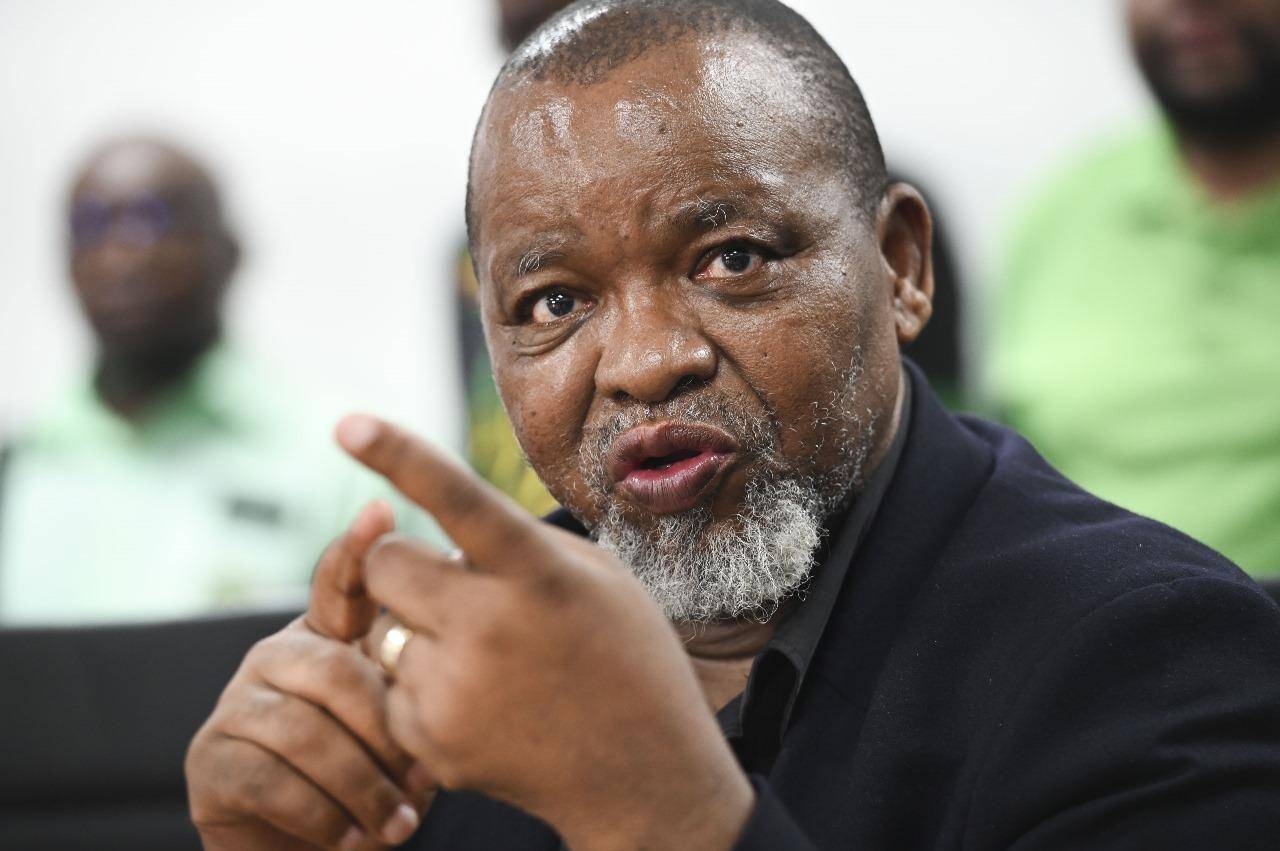411
South Africa Open to Nuclear Bids from Russia and Iran Amid U.S. Scrutiny

South Africa is moving forward with its plans to expand nuclear power capacity by 2,500 MW, with Mineral and Petroleum Resources Minister Gwede Mantashe stating that Russia and Iran will not be excluded from bidding on the project.
The decision comes as Washington raises concerns over South Africa’s relations with Iran, following an executive order from former U.S. President Donald Trump, which claims—without evidence—that Pretoria is developing commercial, military, and nuclear ties with Tehran.
Nuclear Expansion Amid Energy Crisis
South Africa operates Africa’s only nuclear power plant, Koeberg, and is looking to reduce power outages and cut emissions by increasing its nuclear capacity.
Mantashe has made it clear that the government will evaluate all bids based on merit, regardless of U.S. geopolitical concerns.
“We can’t have a contract that says Iran or Russia must not bid, we can’t have that condition. If they are the best in terms of the offer on the table, we’ll take any (country),” Mantashe told Reuters.
U.S.-South Africa Nuclear Pact in Jeopardy?
South Africa has been negotiating a new civilian nuclear agreement (Section 123 Agreement) with the U.S., a prerequisite for sourcing U.S.-made nuclear fuel or equipment. However, this agreement remains unsigned, with potential delays caused by U.S. concerns over Pretoria’s alleged ties with Iran.
- The previous agreement expired in 2022 after nearly three decades.
- Without renewal, Eskom may struggle to source reactor fuel from U.S.-based Westinghouse for Koeberg Unit 1.
- U.S. nuclear companies, such as TerraPower (backed by Bill Gates) and ASP Isotopes, may reconsider investment in South Africa.
South Africa Denies Nuclear Ties with Iran
Responding to the Iran Observer’s post about South Africa’s alleged nuclear cooperation with Iran, Department of International Relations and Cooperation (DIRCO) spokesperson Clayson Monyela firmly denied the claims.
“South Africa has not had any cooperation with Iran in the nuclear field in any form or shape. There are no technical exchanges, and we do not export any controlled nuclear-related items to Iran,” Monyela posted on X.
Tender Delays & Legal Challenges
South Africa’s nuclear expansion plan has also faced delays due to legal challenges, particularly from opposition parties that are now part of the coalition government.
Industry experts warn that further complications in finalizing a U.S. nuclear agreement could lead to:
- Increased reliance on Russia and China for nuclear technology and fuel.
- Delays in South Africa’s energy transition, affecting its efforts to stabilize Eskom.
Despite growing U.S.-South Africa tensions, Mantashe remains committed to pursuing the nuclear expansion. The final decision on bidders will depend on competitive pricing, expertise, and technology—regardless of international pressure.
For now, South Africa’s nuclear future hangs in the balance, caught between its energy needs, legal battles, and geopolitical maneuvering.
Follow Joburg ETC on Facebook, Twitter , TikTok and Instagram
For more News in Johannesburg, visit joburgetc.com















